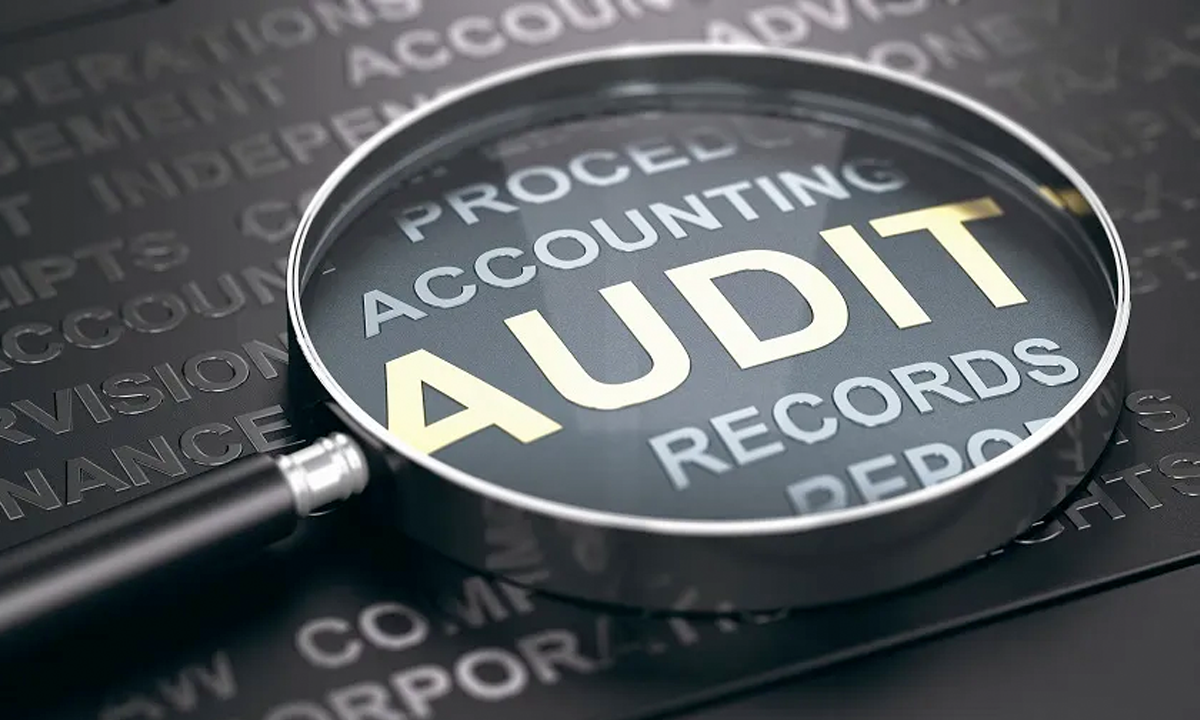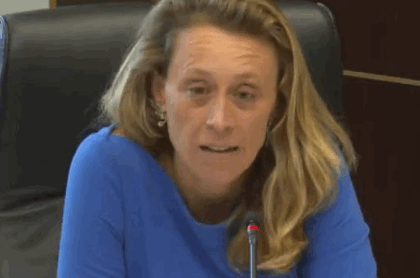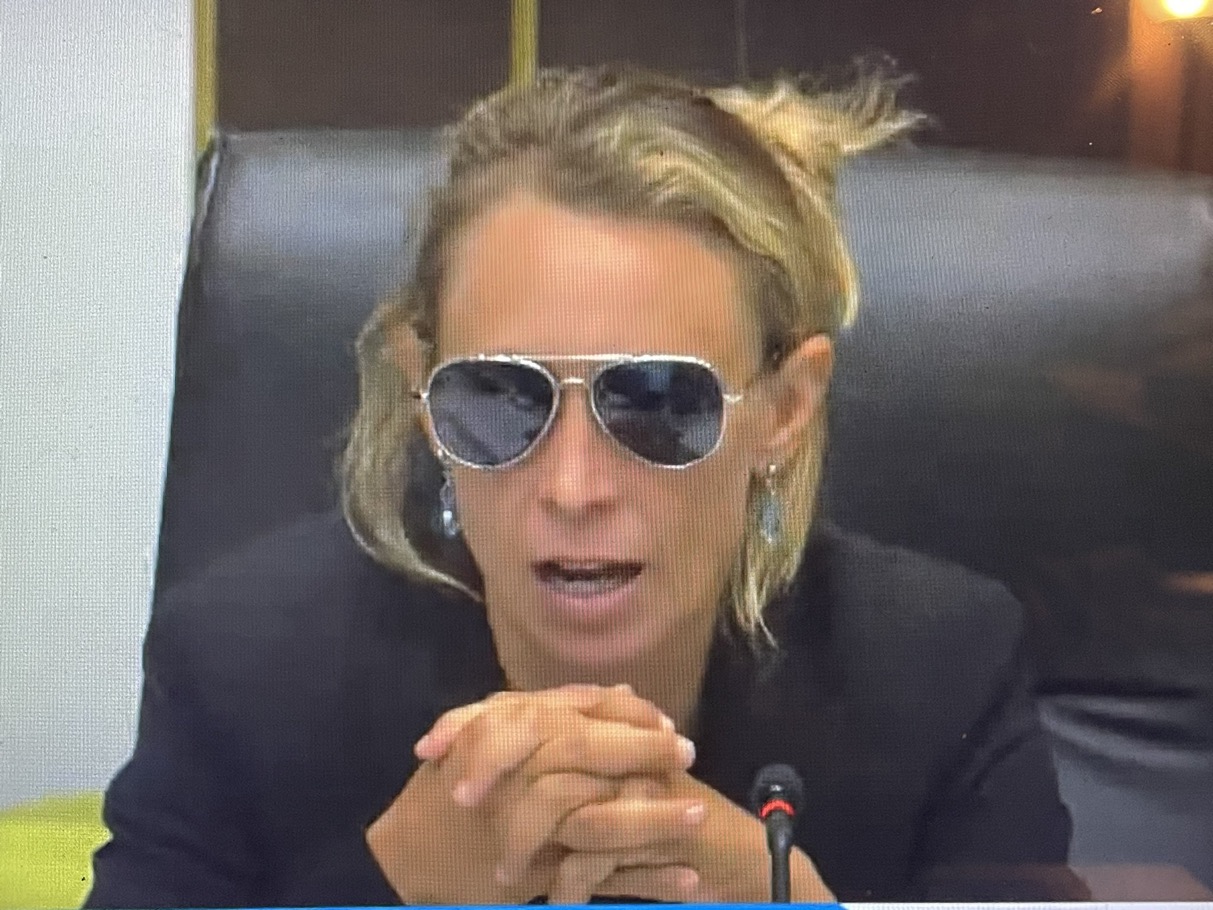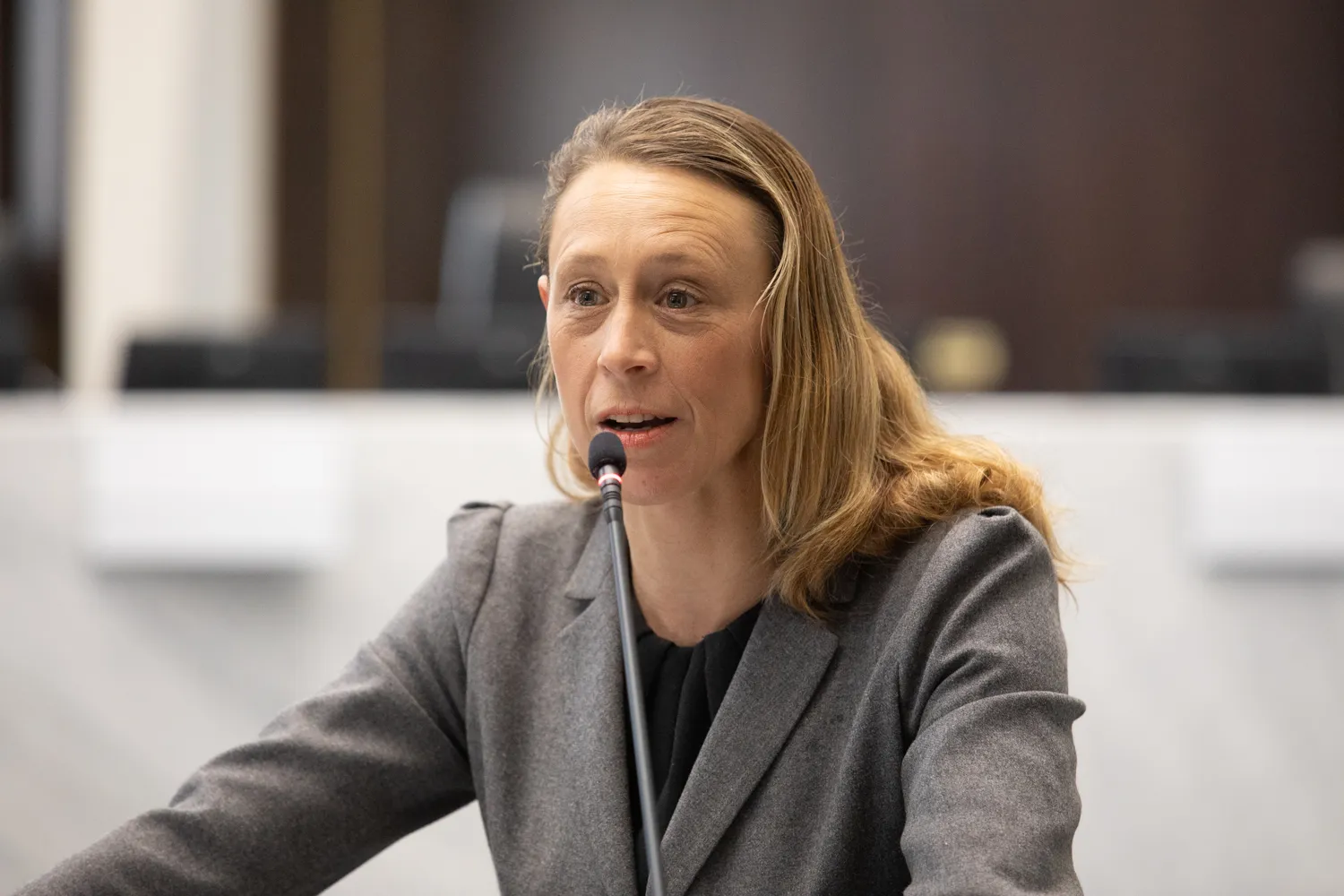Written by Justin Culetu
Earlier this week, California State Auditor Elaine Howle released a report addressing the Employment Development Department’s failed response to the surge in unemployment claims during the COVID-19 pandemic.
Due to a fraudulent claim investigation, the EDD suspended over 1.4 million unemployment claims, leaving those who were actually unemployed struggling to receive unemployment benefits during a pandemic that continues to keep millions out of work. According to Howle’s report, the avoidable mistakes by the EDD opened the door for widespread fraud.
Due to the EDD’s poor management, 1.7 million Californians may have to repay $5.5 billion in benefits they prematurely received, which was caused by the EDD paying claimants before verifying their eligibility in an attempt to speed up processing times. That attempt increased the possibility of fraud, and will cause more uncertainty as the EDD will have to process 12.7 million eligibility documents, which will “require significant time and resources,” Howle reported.
Over a decade ago, during the 2008-2009 recession, the EDD experienced similar problems as they are today, meaning they never made a comprehensive plan for how the department would respond to another recession. They have been made aware of their inefficiency in terms of claim processes and call centers, but never sufficiently devised a plan to improve it. Once the surge of unemployment claims began, the call center’s performance dropped lower than it already was, answering only 1% of the calls it received, with most of the staff unable to assist the small number of callers that made it through. Even after they quadrupled the call staff, that rate “only marginally improved,” and the department “has not yet adopted best practices for managing the call center,” Howle wrote.
Also reported by Howle, the significant weaknesses in the EDD’s claim processing and workload management leave it at risk of a continuing backlog of claims. “EDD’s presentation of backlog information has led to confusion about its performance during the pandemic”, wrote Howle. Evidence of this was seen in December of 2020, when the EDD reported a backlog of 685,700 claims, but fewer than 20,000 of those claims were waiting for payment because of unresolved issues within the case. In addition, the EDD modified its practices by automatically processing online claims, which were 90% automatic by November 2020. However, due to the short term nature of the automation measures, the department will unlikely maintain that 90% rate post-pandemic.
Meanwhile, California unemployment debit card contractor Bank of America reported having lost “hundreds of millions” of dollars last year, according to a senior bank executive, due to the company’s efforts to address record jobless claims, rampant fraud, and a flood of consumer complaints; all of which was caused by years of mismanagement at the EDD. As of now, around 450,000 unemployment debit cards remain frozen.
The bank and the state have been in a continuous finger-pointing match on who should be blamed for the chaotic response to the unemployment fraud claims, but overall it is clearly evident that the state was not nearly prepared enough for something like the COVID-19 pandemic. As a result, millions of Californians are forced to suffer during an already difficult time, both emotionally and financially.
Photo via Corporate Finance Instutite




